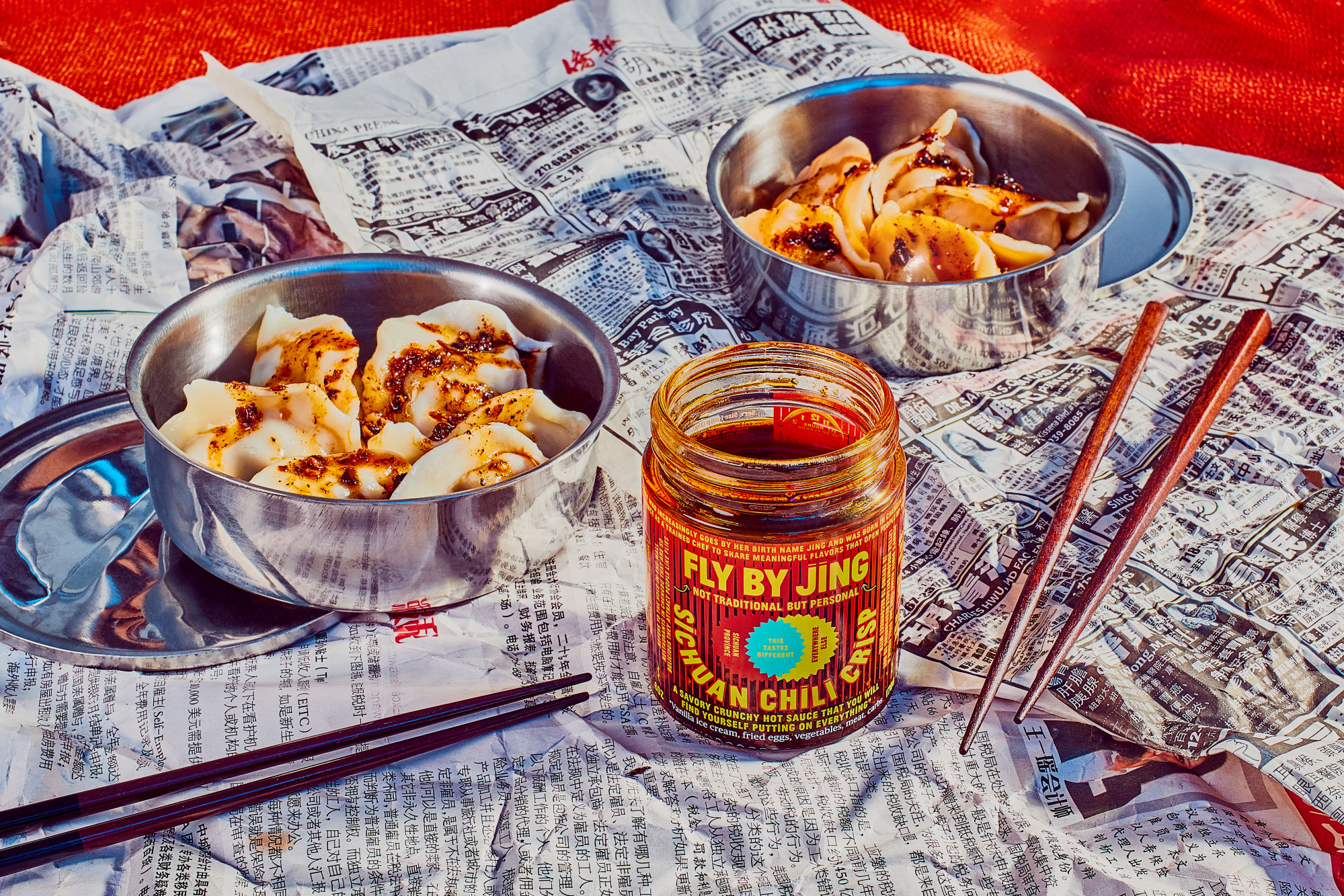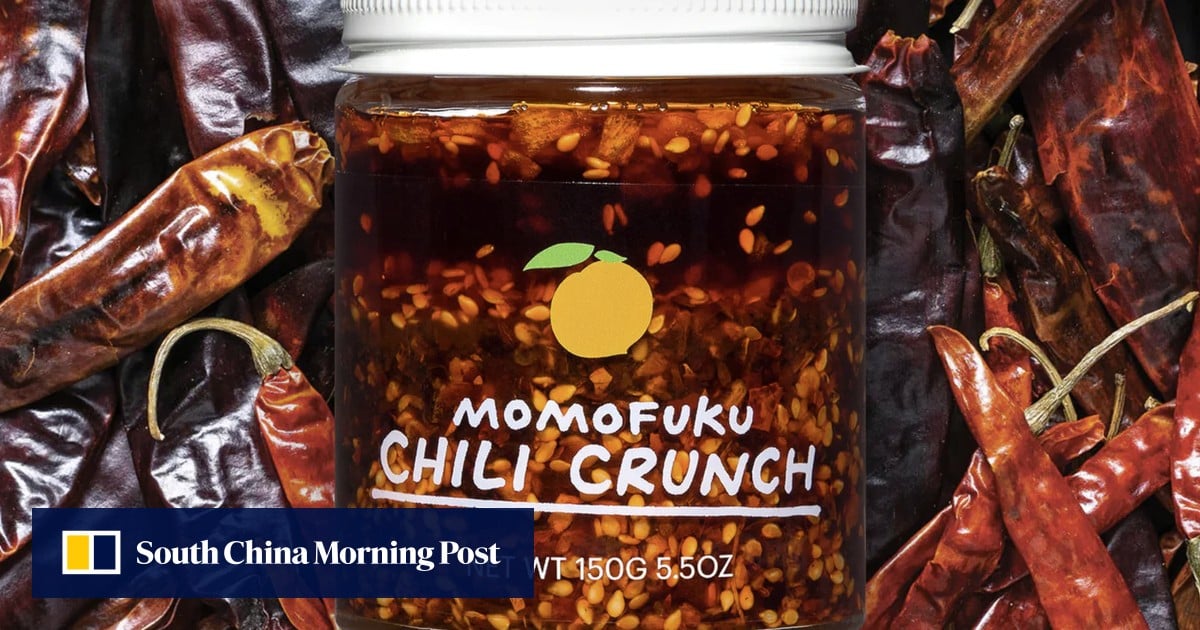Homiah Foods, a New York-based brand founded by Michelle Tew, was one of the producers sent a cease-and-desist letter by Momofuku’s legal team, demanding that she stop using the term to market her Homiah’s Sambal Chili Crunch.
“Not gonna lie – this felt like a punch in the gut,” she wrote in an Instagram post, mentioning that she had previously been a Momofuku fan and supporter.
The product that has been targeted by Momofuku’s legal team “is personal and based on a family recipe from my Granny Nonie dating back to countless generations of Nyonya heritage in Penang, Malaysia”, she explains.
“I was shocked and disappointed that a well-known and respected player in the Asian food industry would legally threaten me – a one-woman show operating on a much smaller scale – from selling a product that is part of my family’s history and culture.”
“The ‘chile crunch’ trademark should never have been granted,” she says. “Just like ‘chili crisp’, it is a generic and descriptive term for a culturally specific condiment, one that has existed in Chinese culinary culture for hundreds of years.”

She claims that the Momofuku empire has essentially targeted small businesses founded by ethnic-minority women, such as Tew’s as well as Seattle-based MiLa – a soup dumpling brand set up by husband-and-wife pair Caleb Wang and Jen Liao that recently revamped its sauce offering with their take on chili crunch.
Momofuku currently sells its own Momofuku Chili Crunch on its website for US$13 a jar. It’s described as “a spicy-crunchy chili oil that adds a flash of heat and texture to your favourite dishes”, while the blurb also states that the brand “spent a decade tweaking the formula in our restaurants to lock in the perfect amount of spice, crunch, and umami”. It has been on sale since 2020.
Gao believes that by attempting to trademark what she feels is a “generic cultural term”, Momofuku sets a dangerous precedent for fair competition as well as handicapping small brands in a traditionally marginalised space.
“It was not long ago that investors and retailers told us that our business was ‘too niche’, there was no opportunity or space for brands like ours selling products like chili crisp,” she says.
“The more entrants and competitors in the space only serves to validate the market opportunity. The bigger we can grow the pie for all, the better it is for everyone.”

Gao previously made an attempt to trademark her signature Sichuan chili crisp in June 2019. The UTSPO refused the application in August that year, on the grounds that “Sichuan chili crisp” was merely a descriptive term.
She reapplied to register the trademark on April 3.
Meanwhile, Rice Market, a grocery store based in Washington and specialising in Asian provisions, declared that it will no longer sell Momofuku products at its store.
Yun Hai Taiwanese Pantry, a store based in Brooklyn, New York, dedicated to promoting small Asian businesses, also pledged to boycott Momofuku and its products.
“Since our shop opened, we have maintained a chilli crisp/crunch/oil wall, and will continue to do so,” they said. “We included Momofuku’s chili crunch, but we won’t stock it any longer.”
The Post has reached out to Momofuku’s legal representatives for comment.







